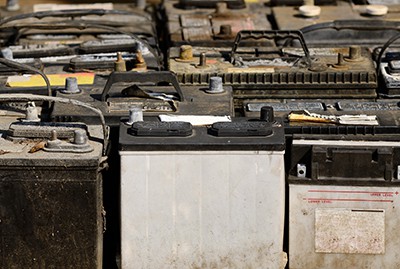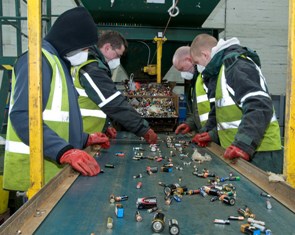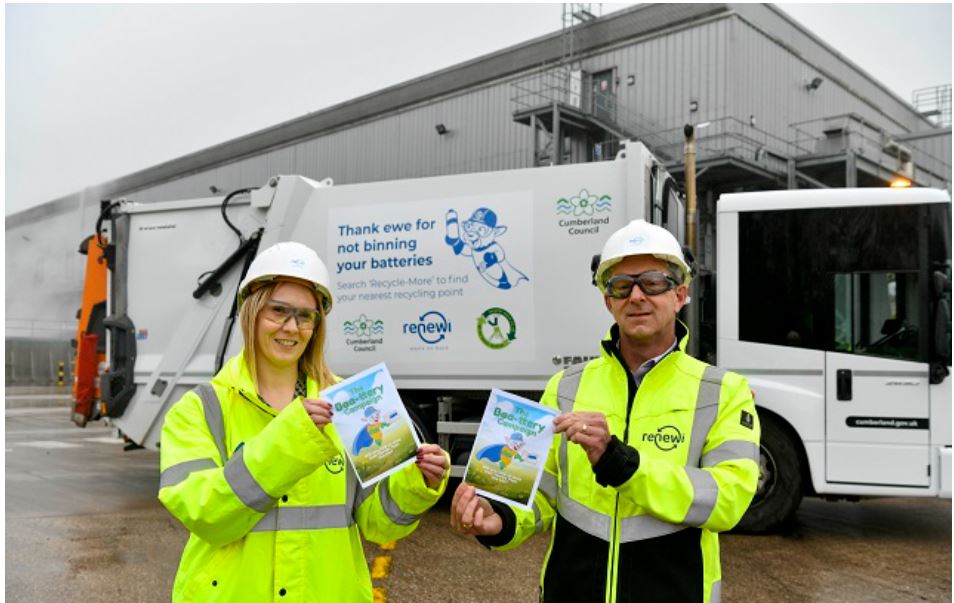Changes to the way that manufacturers and recyclers classify portable batteries are being brought in to bring the UK in-line with other EU Member States and will see waste batteries weighing more than 4kg no longer classed as ‘portable’ (see letsrecycle.com story).

The 4kg threshold, which is expected to apply from January 2016, followed a drawn out consultation process into the guidance on battery recycling, which has lasted close to two years.
During the original consultation, Defra predicted that the cost of collecting and processing waste portable batteries would increase from £1,050 to up to £1,150 per tonne, as a result of the changes.
However, this figure has been “revised up significantly” by Defra – and is now expected to add up to around £33 million over 10 years – more than the £7.8 million figure previously anticipated by the Department.
Largely, the increase in costs will be borne by battery producers through the producer compliance system.
Costs
Outlining its forecast in its impact assessment on the changes, the Department said: “This £1,400 figure has been revised up significantly following the consultation when it was estimated to be £1,150. This is because the industry, having had more time to estimate the costs and the split between lead and non-lead batteries, now anticipates much higher collection and processing costs than before the consultation.”

Portable batteries are the only category to which a recycling target has been attached – and battery recyclers have long argued that as they are often unaware of the original use of some lead acid batteries, it is impossible to determine if they fall into the industrial or portable classification.
Therefore, it has been suggested that incorrect classification of lead acid batteries could be skewing data on the number of portable batteries collected for recycling.
According to Defra, 83% of the UK’s battery recycling obligation in 2012 was met through the collection of lead acid batteries, despite them making up just 8% of the new batteries placed onto the market.
With the change coming into effect it is expected that greater effort will need to be made to increase the capture of lighter portable batteries – including those typically discarded by householders – in order to meet the targets.










Subscribe for free